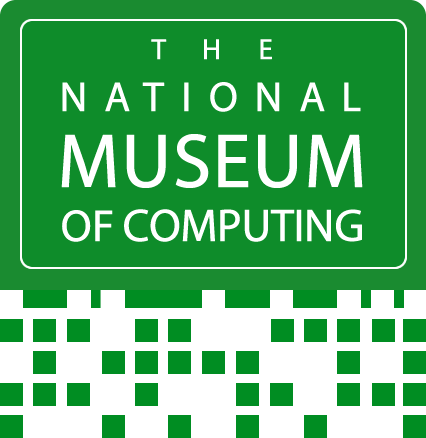Donate an object to TNMOC
TNMOC’s collection spans 130 years and holds in excess of 76,000 items. Our collection covers the history of computing: from the days of manual computation in the late 1800s, through to the smartphone era. As a nationally-styled accredited museum, we carefully consider new additions.
Thank you for your interest in donating an object, However, due to the high volume of recent donations, we are temporarily pausing the acceptance of general donations while our team processes the backlog.
We are still actively seeking items that meet our specific curatorial requirements. We still want to hear from you if:
You have an exceptional or highly unique piece of equipment that you feel is essential to our collection.
Please see the section titled "TNMOC currently collects” below.
Please be advised that if you submit details of a donation, it may take our curatorial team up to six weeks to review and respond.
TNMOC currently collects
We are currently accepting material in the following areas:
Foundations of British computing
1930s-50s - Bombe, Colossus, EDSAC
- Spares
- Archival materials (e.g. manuals, drawings)
- Social history items
Recent computing environment
1990s-present
- ARM
- Non-widescreen TVs 90s-00s
- Smartphones - particularly post-2010
- Raspberry Pi
British commercial computer industry
1950s-80s - especially items related to:
- Elliott 903
- Marconi Myriad
- Elliott 920
- Marconi TAC
Software for older functional systems
For our older systems including:
- ICT 1301 "Flossie"
- Elliott 803, 903
- ICL 1900/2900, System 25
- WITCH / Harwell Dekatron Computer
British personal computing industry
c. 1980s
- Atari Mega ST
- Commodore Amiga CD32
- Apple 1
- Early Apple 2 models
Information on computer applications
To give context on computing history
- Supporting documentation
- Archival materials (e.g. manuals, drawings)
- Social history items
Our acquisition priorities list the items we are actively seeking. However, if you have equipment, archives, or other items related to our focus that aren't specifically listed, please don't hesitate to complete the donation form. Our team will review all submissions and be in touch to let you know if your generous offer aligns with our collection needs.
If you have any queries, please contact our Donations Team.
Offer an object to TNMOC
We aim to get back to requests within 2-3 weeks, however in busy periods, it can take up to 6 weeks.
We may ask for more information such as the condition of the object and further supporting information depending on the item/s being offered.
We welcome documentation to go with the item/s, as well as any relevant paperwork that tells the history of the artefact. We would also accept any personal information from the owner which supports the donation such as stories, oral testimony, photographs etc.
Our process for accepting or rejecting is detailed and, because space is at a premium, we will be pragmatic about our decision to either accept or reject the item/s.
Donations by post or in person
We do not accept offers of unsolicited objects brought in, or sent to our museum.
If you bring an object to TNMOC without prior arrangement you will be asked to take it home with you.
If you post an object to TNMOC without prior arrangement it will be returned to you by post. We will dispose of objects posted to us without a return address.


